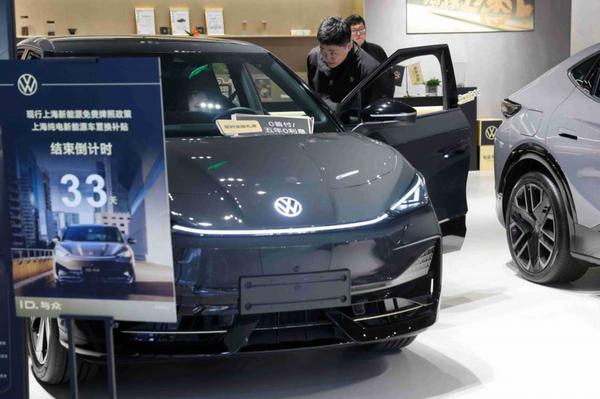
A man looks at a Volkswagen SUV in a dealership in Shanghai in December. (YIN LIQIN/CHINA NEWS SERVICE)
China has extended its vehicle trade-in policy for 2025, a move experts anticipate will yield a stronger effect than in 2024, leading to a potential surge in the consumption of automobiles in the world's largest vehicle market.
The renewed trade-in policy, covering more vehicles this year, provides subsidies for trade-ins of new energy passenger vehicles for up to 20,000 yuan ($2,745) and of fuel passenger vehicles for up to 15,000 yuan, announced by the Ministry of Commerce and seven other government departments earlier this month.
The vehicle trade-in scheme, initially launched at the end of April 2024, has been popular among Chinese consumers. According to the ministry, there were more than 2.9 million vehicles scrapped and 3.8 million vehicles traded for new ones in 2024, generating sales revenue of more than 930 billion yuan.
Based on 2024's results, the ministry predicts that there will be more than 14 million vehicles that benefit from the subsidy in 2025, potentially generating sales revenue of up to more than 2 trillion yuan.
The policy has helped the passenger vehicle market transition from a gloomy beginning to a bright end in 2024. The renewed policy for the auto sector features a longer subsidy period and a broader subsidy scope, which will boost annual sales significantly, said industry insiders.
China's vehicle market saw 31.44 million units sold in 2024, up 4.5 percent from 2023, according to the China Association of Automobile Manufacturers.
The country's leading industry body predicts that vehicle sales will reach 32.9 million units in 2025, representing a year-on-year growth of 4.7 percent.
The central government has allocated the first batch of 81 billion yuan to support consumption during the New Year and Spring Festival holidays.
More than 20 regions have rolled out local subsidy details in response to the policy, including Tianjin and Heilongjiang, Henan, Guangdong and Anhui provinces.
Tianjin has formed a team to explain the key features of the trade-in policy, such as the subsidies and vehicle tax exemptions at local car dealerships, ensuring citizens understand and benefit from them.
According to a Tianjin automotive sales and service company manager, the trade-in policy last year brought more than 220 orders. He added that customer visits and test drives were up 20 percent compared with the period before the policy announcement, leading to more orders from previously hesitant buyers.
According to Heilongjiang's commerce department, it organized leading auto retailers such as Great Wall Motors, Volkswagen and BYD to launch activities such as "vehicles going to the countryside" in 2024, which drove consumption in automotive and home appliance sectors to exceed 20 billion yuan. This year, the province will expand the policy coverage.
Hainan province announced that customers will receive the same subsidy as 2024 if they trade in a car between Jan 1, the previous policy period's end date, and the announcement of the 2025 renewal policy.
Guangzhou also announced the continuation of the vehicle trade-in program, prompting dozens of auto brands to respond with various measures.
For example, GAC Trumpchi has offered a subsidy of up to 25,000 yuan for the GS4 Plus, while GAC Toyota has provided discounts of up to 38,000 yuan for the Wildlander. SAIC Volkswagen has launched a promotion with a 20 percent down payment and zero interest for a limited time.
Xiao Yong, deputy general manager of GAC Aion, said that with the support of the trade-in policy, auto companies have gained the confidence to move forward. This year, the emphasis is on product competition, not a rat race, he added.
The latest data released by the China Passenger Car Association shows that from Jan 1 to 19, the retail sales of passenger vehicles totaled 1.05 million units, a 5 percent year-on-year decrease and a 27 percent decrease compared to December.
Cui Dongshu, secretary-general of the CPCA, explained that with the promulgation of the 2025 subsidy policy, there has been a modest improvement in consumers' wait-and-see attitude. Demand for car purchases began to rise in the second week of January before the holidays and showed a stronger trend in the third week.
Professor Zeng Xin from University of Science and Technology Beijing still predicts that January's sales in 2025 will not be lower than those in 2024 due to early implementation of new policies driving consumer demand.








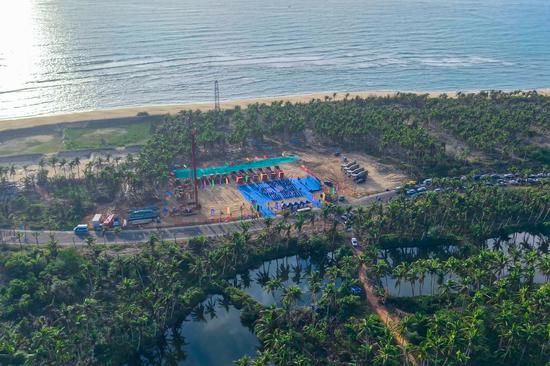
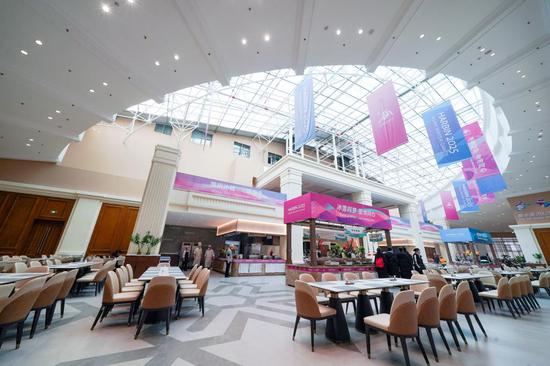


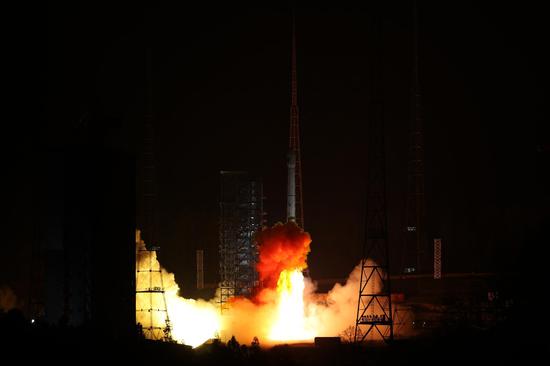
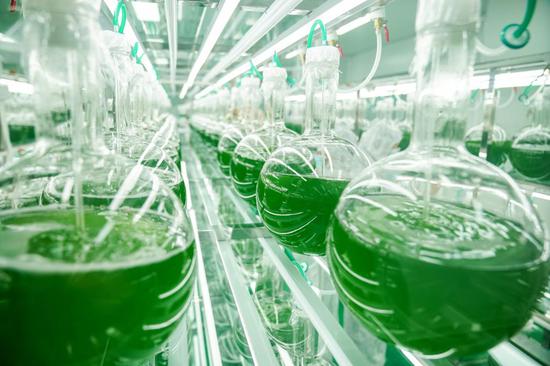
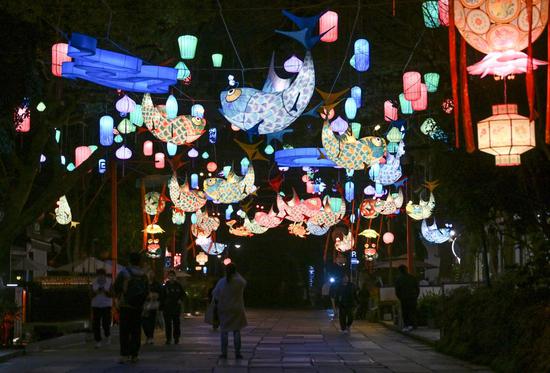
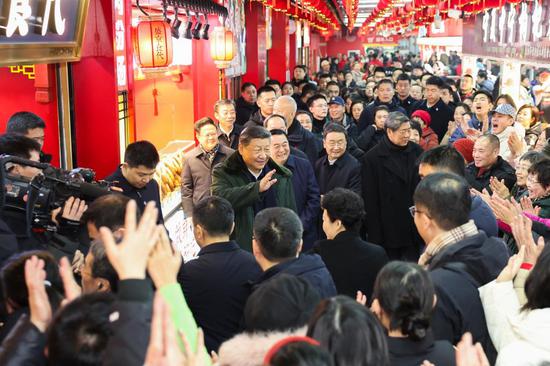
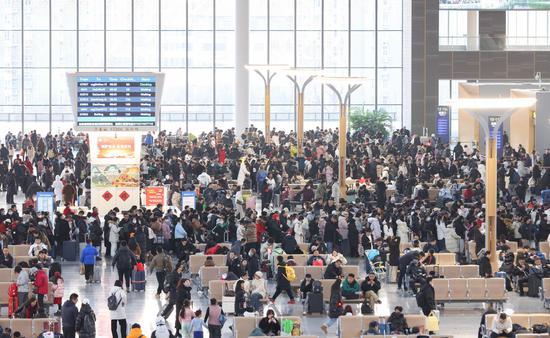




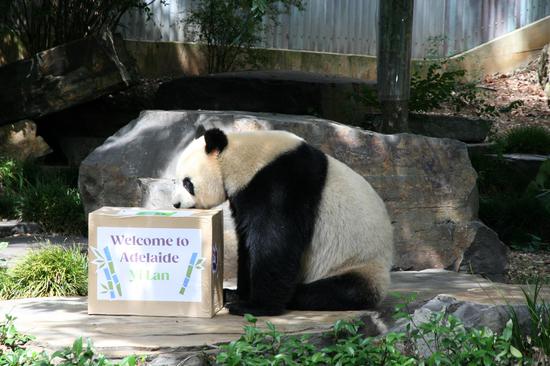
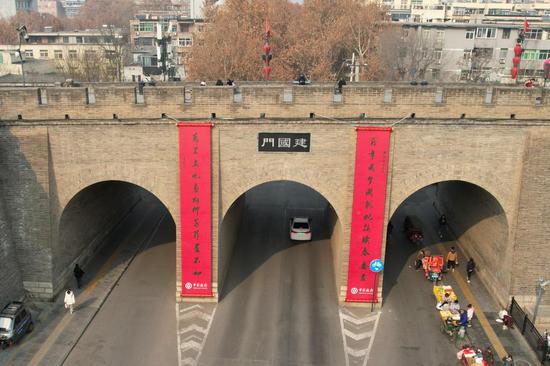

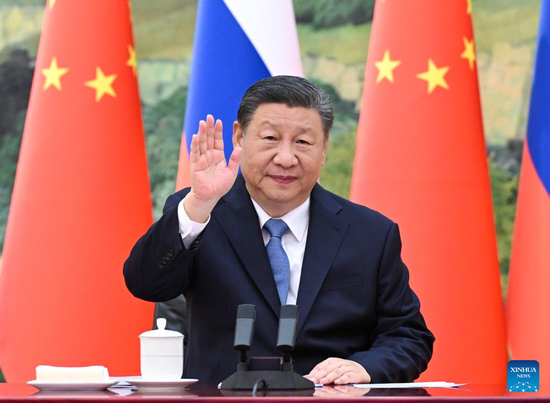
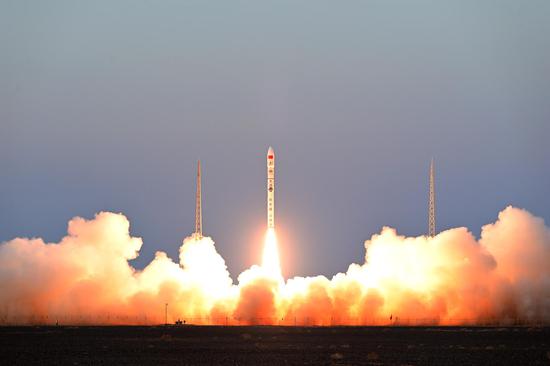
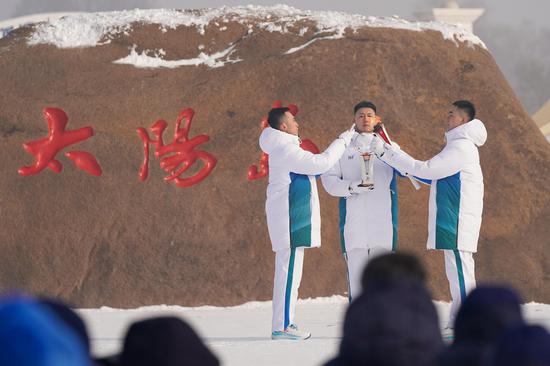
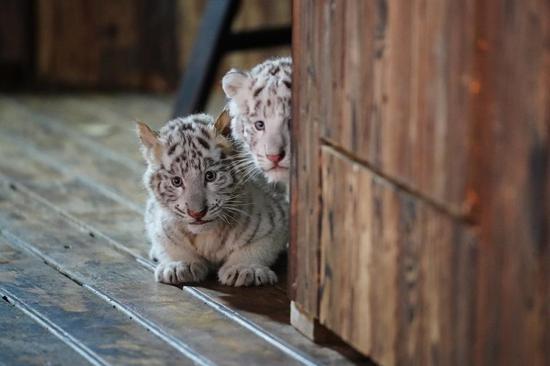
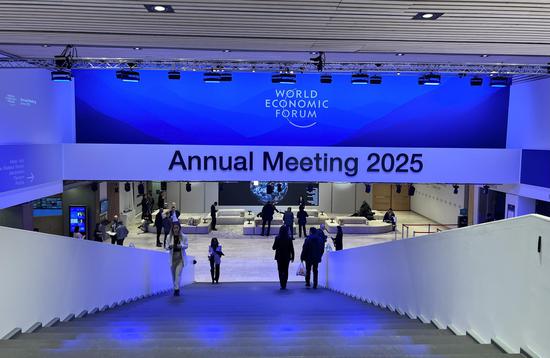
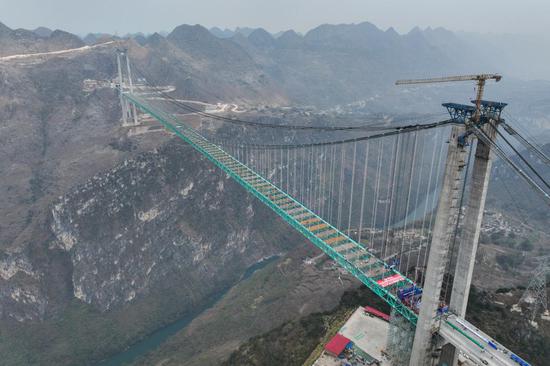
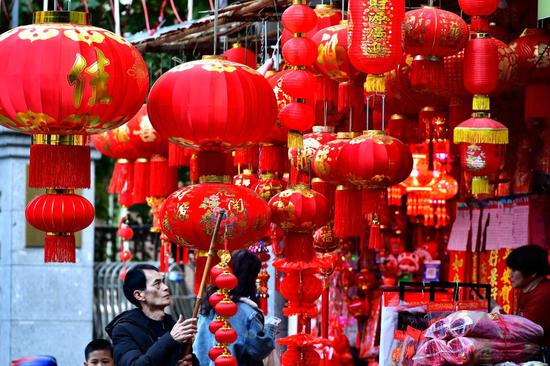


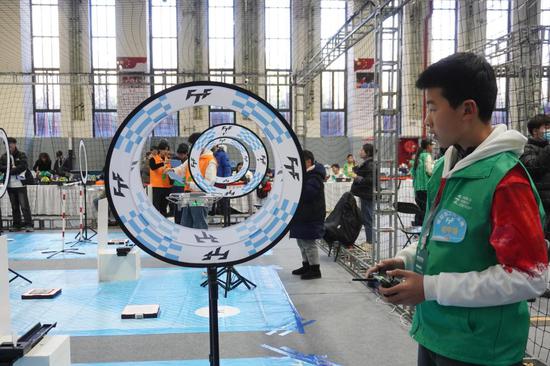
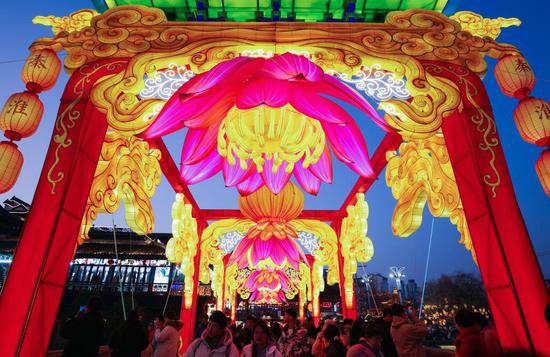

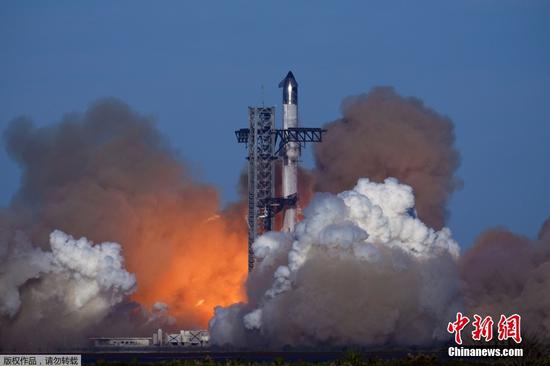
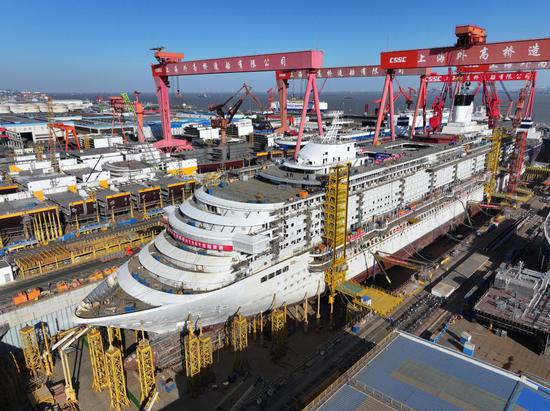
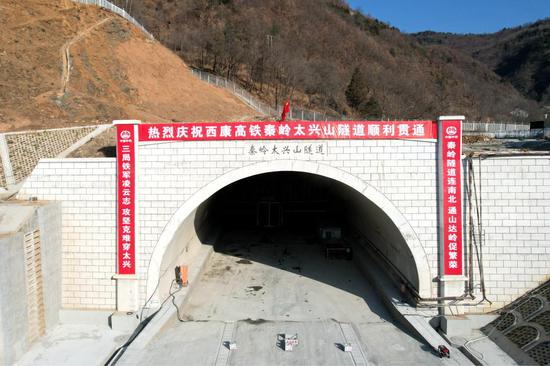
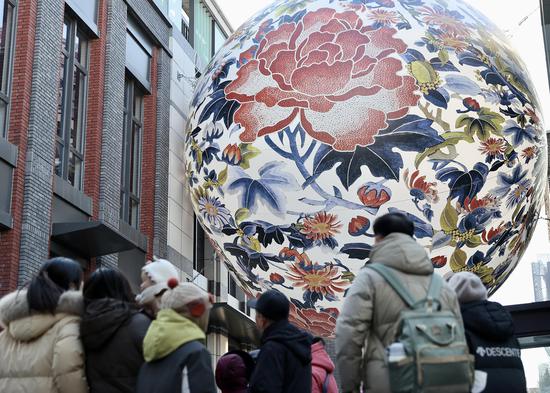
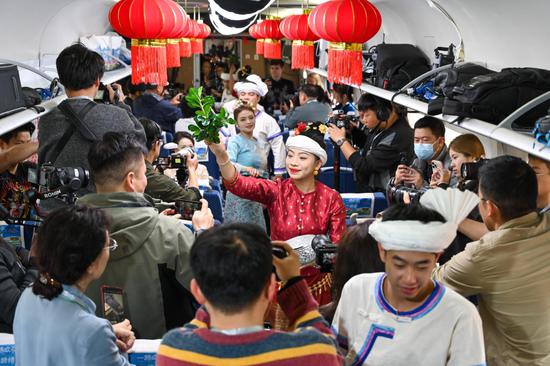
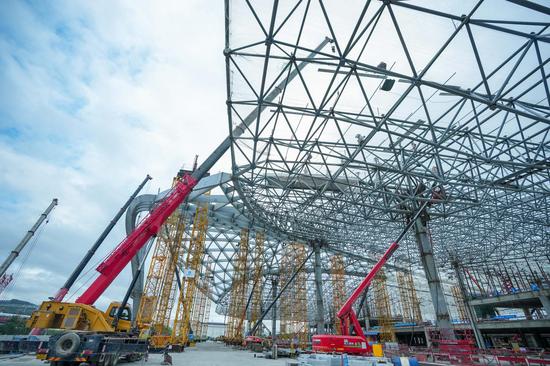
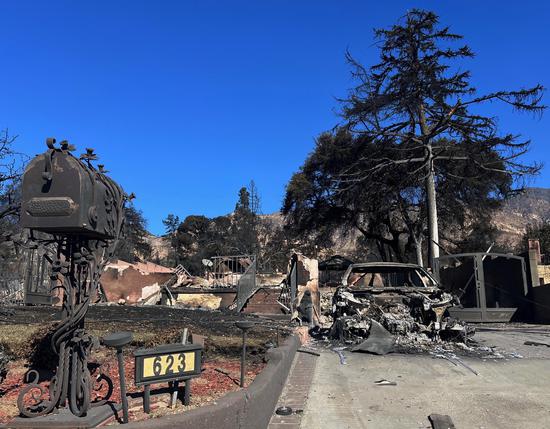
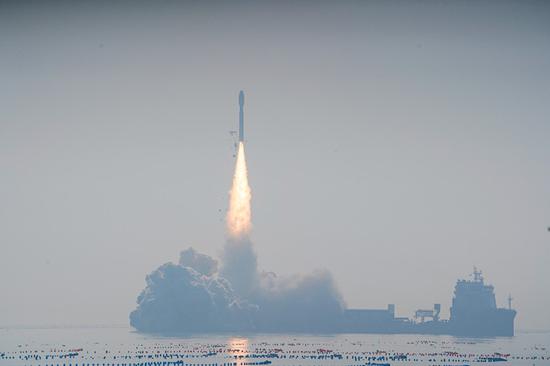
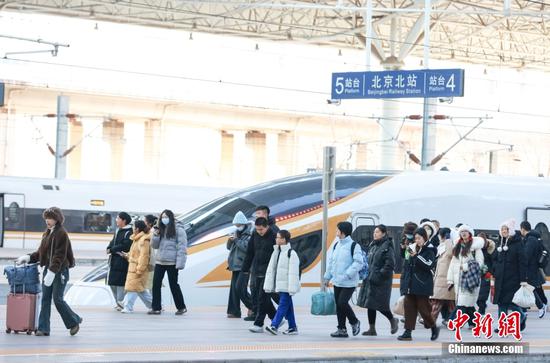

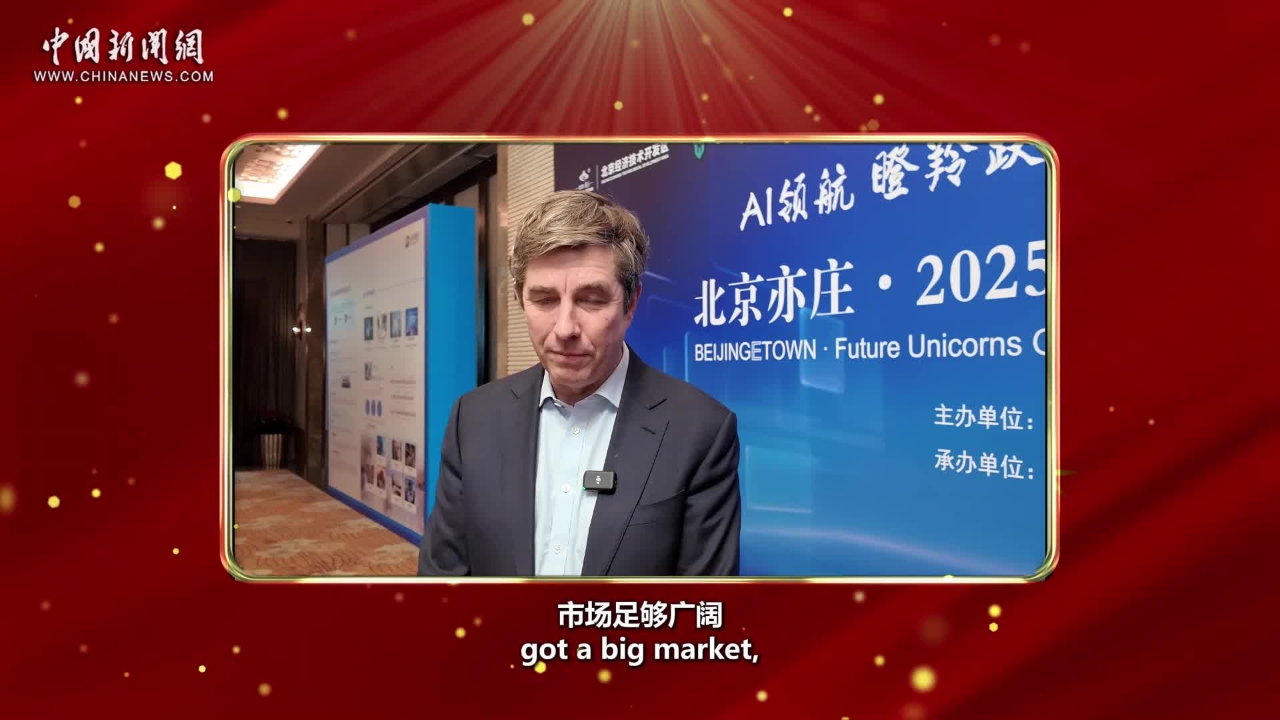

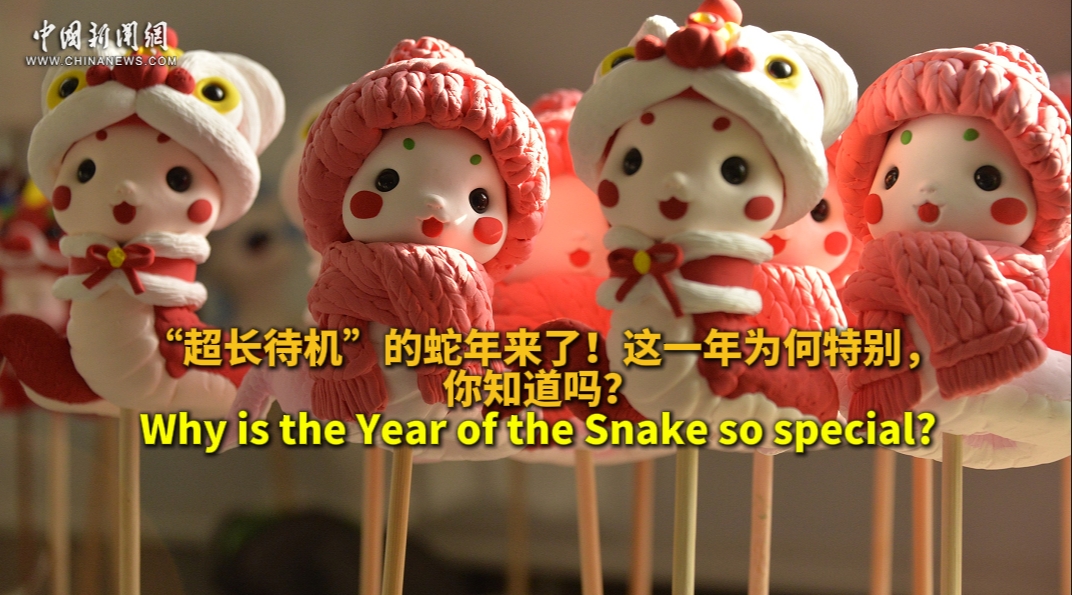

 京公网安备 11010202009201号
京公网安备 11010202009201号